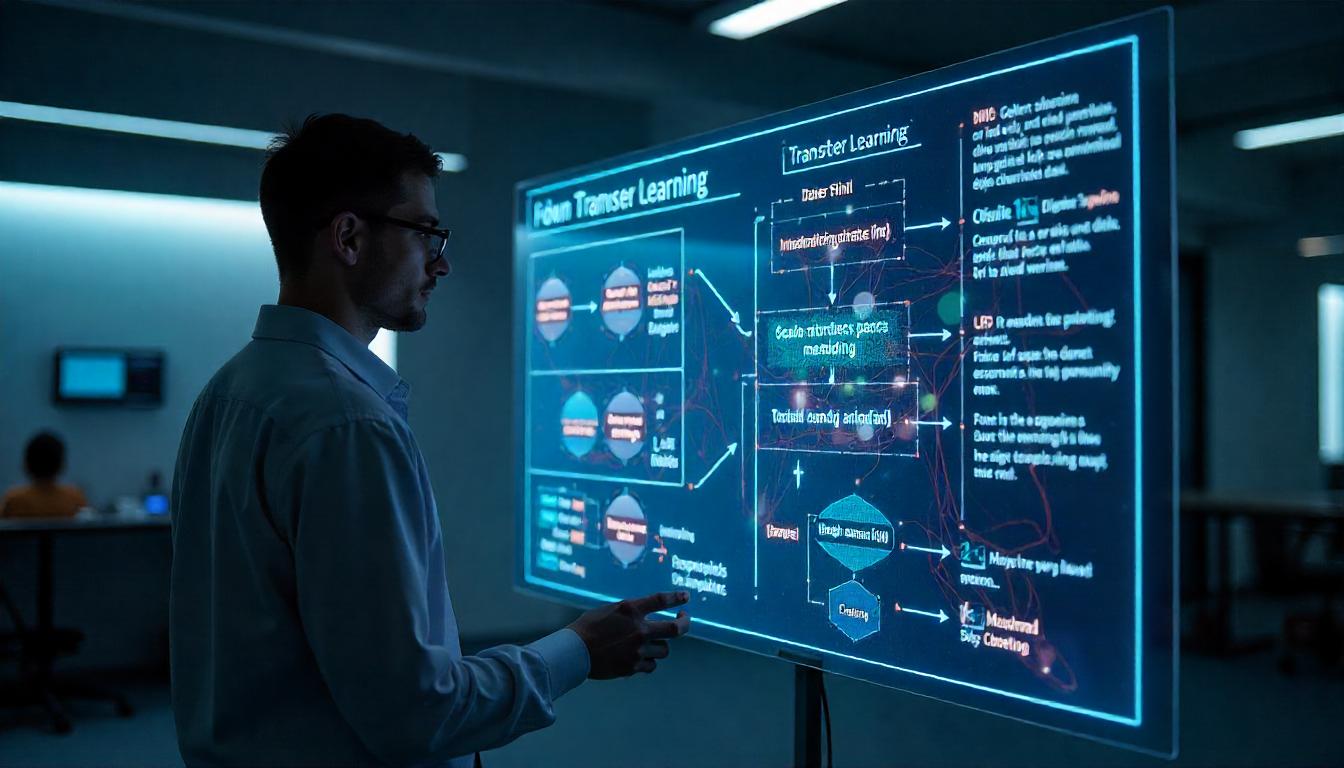GPT, LLaMA, Claude, and Gemini: How the Leading AI Models Compare
Artificial Intelligence has rapidly become a crucial part of our daily lives. Whether it’s crafting emails, answering questions, generating code, or offering creative inspiration, large language models (LLMs) are the driving force behind these impressive capabilities.
Among the most talked-about LLMs today are GPT (from OpenAI), LLaMA (from Meta), Claude (from Anthropic), and Gemini (from Google DeepMind). But what makes each of them unique—and which one might be best for your needs? Let’s take a closer look.
What Exactly Are LLMs?
Large Language Models are advanced AI systems trained on huge datasets. They excel at:
- Understanding and generating human-like text
- Summarizing information
- Writing code
- Answering complex questions
- Translating languages
Different models have different strengths, architectures, and training philosophies, shaping how they perform and the tasks they’re best suited for.
GPT (OpenAI)
OpenAI’s GPT-4 is the latest version in the well-known GPT series, powering tools like ChatGPT.
Highlights:
- Extremely versatile for a broad range of tasks
- Great at creative writing, technical explanations, and code generation
- Widely adopted in tools like Microsoft Copilot and numerous apps
- Offers advanced capabilities through plugins and web browsing in Pro versions
Best For:
Writers, businesses, developers, and anyone looking for a powerful all-purpose AI assistant.
LLaMA (Meta)
Meta’s LLaMA (Large Language Model Meta AI) stands out as an open-source alternative, gaining popularity among researchers and developers.
Highlights:
- Fully open-source, offering transparency and flexibility
- Designed to be efficient, even on smaller hardware
- Frequently updated and improved by Meta and the community
Best For:
Researchers, developers, and anyone wanting control and customization over their AI tools.
Claude (Anthropic)
Claude is Anthropic’s flagship LLM, named after Claude Shannon, the father of information theory. Anthropic focuses on building AI systems that are safe and aligned with human values.
Highlights:
- Built with safety and alignment in mind
- Engages users in polite, measured conversations
- Popular among businesses for creating reliable, user-safe applications
Best For:
Enterprises prioritizing ethical AI, customer service applications, and users seeking safe, respectful AI interactions.
Gemini (Google DeepMind)
Gemini represents Google DeepMind’s latest push into AI, replacing the earlier Bard chatbot. Gemini blends powerful AI capabilities with tight integration across Google’s ecosystem.
Highlights:
- Strong at fact-finding and complex reasoning
- Supports multimodal inputs (text, images, code, etc.)
- Integrates with Google Search, Workspace, and other services
Best For:
Knowledge workers, researchers, and anyone deeply integrated into Google products.
Comparing Key Features
Here’s a quick comparison to help you decide:
| Feature | GPT (OpenAI) | LLaMA (Meta) | Claude (Anthropic) | Gemini (Google) |
|---|---|---|---|---|
| Open Source? | ❌ Proprietary | ✅ Open-source | ❌ Proprietary | ❌ Proprietary |
| Best For | Versatile tasks, creativity | Research, custom builds | Safe, ethical AI conversations | Google integration, search tasks |
| Multimodal Support | ✅ (GPT-4o) | ⚠️ Limited | ❌ Text-only | ✅ Yes |
| Ideal Users | Developers, businesses, creators | Researchers, AI enthusiasts | Businesses prioritizing ethics | Google ecosystem users |
How to Choose the Right LLM
Here’s a quick guide:
- Need an all-purpose AI for writing, coding, or brainstorming? → Go with GPT
- Prefer open-source tools and customization? → Check out LLaMA
- Want safe, ethical conversations and business reliability? → Consider Claude
- Deep into Google’s ecosystem and tools? → Try Gemini
Ultimately, there’s no single “best” model. Each shines in different areas, and your choice depends on your goals, your workflows, and your comfort with different platforms.
Final Thoughts
The world of AI is expanding fast. GPT, LLaMA, Claude, and Gemini each bring unique strengths to the table, giving users a diverse set of tools to work with.
Whether you’re a business owner, developer, content creator, or simply curious about AI, exploring these models can help you find the perfect fit for your needs.





